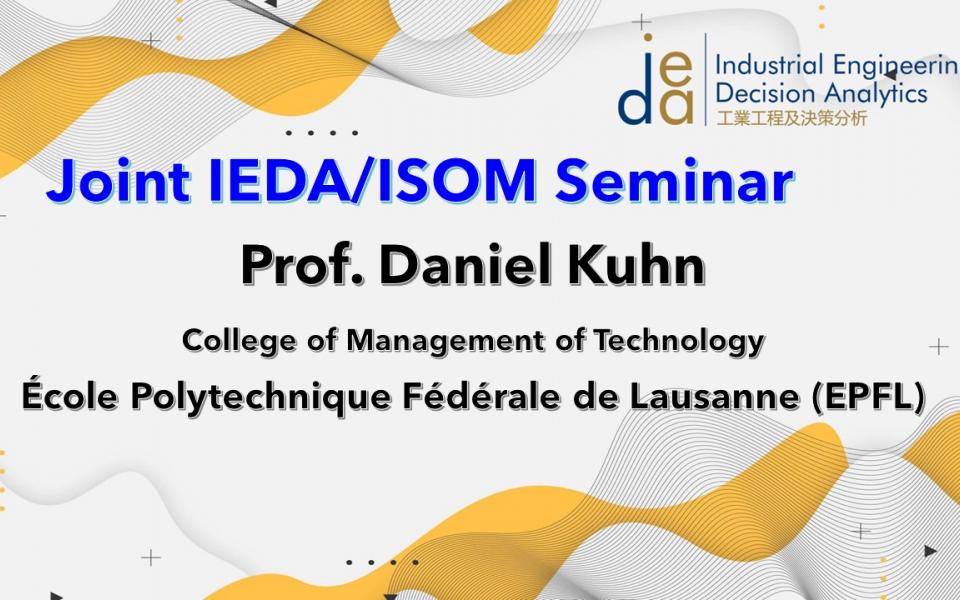Department of Industrial Engineering & Decision Analysis [IEDA Seminar] - Stochastic Optimization with Fairness Constraints
Supporting the below United Nations Sustainable Development Goals:支持以下聯合國可持續發展目標:支持以下联合国可持续发展目标:
The last decade has witnessed a surge of algorithms that have a consequential impact on our daily lives. Machine learning methods are increasingly used, for example, to decide whom to grant or deny loans, college admission, bail or parole. Even though it would be natural to expect that algorithms are free of prejudice, it turns out that cutting-edge AI techniques can learn or even amplify human biases and may thus be far from fair. Accordingly, a key challenge in automated decision-making is to ensure that individuals of different demographic groups have equal chances of securing beneficial outcomes. In this talk we first highlight the difficulties of defining fairness criteria, and we show that a naive use of popular fairness constraints can have undesired consequences. We then characterize situations in which fairness constraints or unfairness penalties have a regularizing effect and may thus improve out-of-sample performance. We also identify a class of unfairness-measures that are susceptible to efficient stochastic gradient descent algorithms, and we propose a statistical hypothesis test for fairness.
Daniel Kuhn is a Professor of Operations Research in the College of Management of Technology at EPFL, where he holds the Chair of Risk Analytics and Optimization. His research interests revolve around stochastic, robust and distributionally robust optimization, and his principal goal is to develop efficient algorithms as well as statistical guarantees for data-driven optimization problems. Before joining EPFL, Daniel Kuhn was a faculty member in the Department of Computing at Imperial College London and a postdoctoral researcher in the Department of Management Science and Engineering at Stanford University. He holds a PhD degree in Economics from the University of St. Gallen and an MSc degree in Theoretical Physics from ETH Zurich. He is an INFORMS fellow and the recipient of several research and teaching prizes including the Friedrich Wilhelm Bessel Research Award by the Alexander von Humboldt Foundation and the Frederick W. Lanchester Prize by INFORMS. He is the editor-in-chief of Mathematical Programming.
